The film’s plot is ostensibly quite simple. Magizoologist Newt Scamander and his friends, with guidance from the legendary Albus Dumbledore, try to find and protect Credence Barebone, a young but terrifyingly powerful wizard, as he is hunted by both the harsh and overbearing Ministry of Magic and a group of violent extremists led by outlaw Gellert Grindelwald.
Unfortunately, the story ends up being incoherent, both by over-complicating the plot and some remarkably poor storytelling choices. After an inoffensive opening sequence, the film starts to go downhill, with two early reveals that undo all of the consequences of the first film’s conclusion. The film then splits into roughly half a dozen different plot threads, tied together in some of the most contrived ways imaginable. It’s a shame too, because each of the storylines probably would have been compelling had they been properly fleshed out. Poor editing exacerbates the clumsiness of the already convoluted narrative. Some of the scene transitions are so abrupt that I wondered if there was something wrong with the copy of the film being shown at the screening.
The film doesn’t manage to stick the landing either. Most of the last half hour is taken up by a series of plot twists, each more over the top and less meaningful than the last. And the climax of the movie should have massive repercussions for the film’s heroes and the wizarding community as whole, but Rowling apparently didn’t think it was important to actually show us how the protagonists deal with events that just irrevocably changed all of their lives.
The film also does a less than stellar job at handling its large cast. All of the significant characters from the first film return, and the film introduces a gaggle of new ones. Theseus Scamander (Newt’s brother), Leta Lestrange (Newt’s ex and now Theseus’s fiancée), Nagini (yes, really), and Nicholas Flamel (an immortal alchemist) are all jammed into the movie. None of them are well developed or necessary to the plot. Nagini, especially, is completely extraneous. Not only is it absurd to reveal that Voldemort’s pet snake from the Harry Potter series was actually a cursed human witch the whole time, she serves absolutely no purpose in the movie. Her only role is standing around and looking mildly horrified at the events unfolding around her. Leta comes the closest to having a coherent arc, but the mangled storytelling robs her character development of the emotional heft it should have.
Newt and his allies, the non-magical human Jacob Kowalski and the Auror (wizard cop) Tina Goldstein, fair a little bit better, but only because they are already established characters. These weirdos with hearts of gold are pretty much exactly the same as they were the last time around. If you found them charming in Fantastic Beasts and Where to Find Them (I certainly did) then you’ll find a lot to enjoy here. The exception (and not in a good way) for the returning characters is Queenie Goldstein. In a pretty significant departure from her previous characterization, the telepath comes off as consistently selfish, manipulative, and gullible with no real redeeming qualities.
But you know what? Despite the movie’s many, many flaws, I didn’t hate it. Newt, Jacob, Tina, and Dumbledore are delightful, most of the jokes land well, the creatures and magic spells are clever and stylish, and the wizarding world is as fascinating as ever. Grindelwald, too, is deftly handled. He is a far more human monster than Lord Voldemort, but that makes him an incredibly effective villain. His softer approach to fascism and skill at presenting a compelling message makes it all too clear why his brand of bigotry would appeal to the wizarding populace. In particular, his speech to the witches and wizards of Paris, a chilling depiction of the malleability of the truth and the capacity humans have for violence, is J.K. Rowling’s best piece of writing in the film.
Grade: C+/B- (I can’t decide and these grades are meaningless anyway)
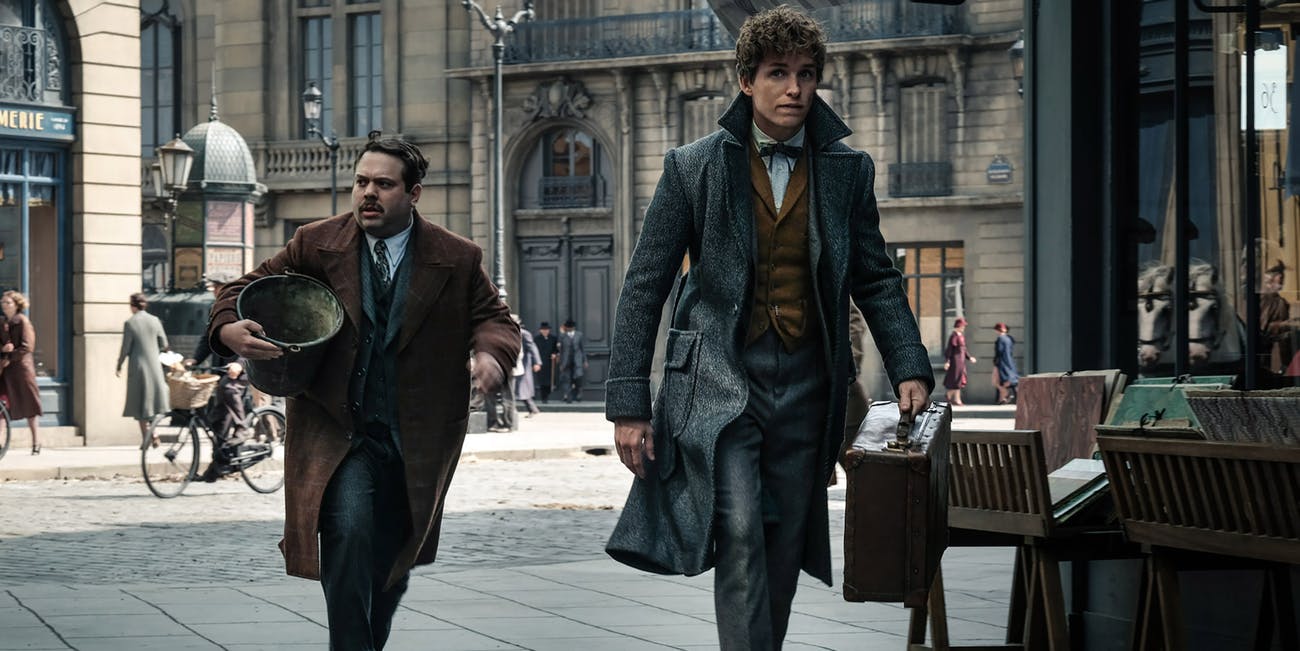
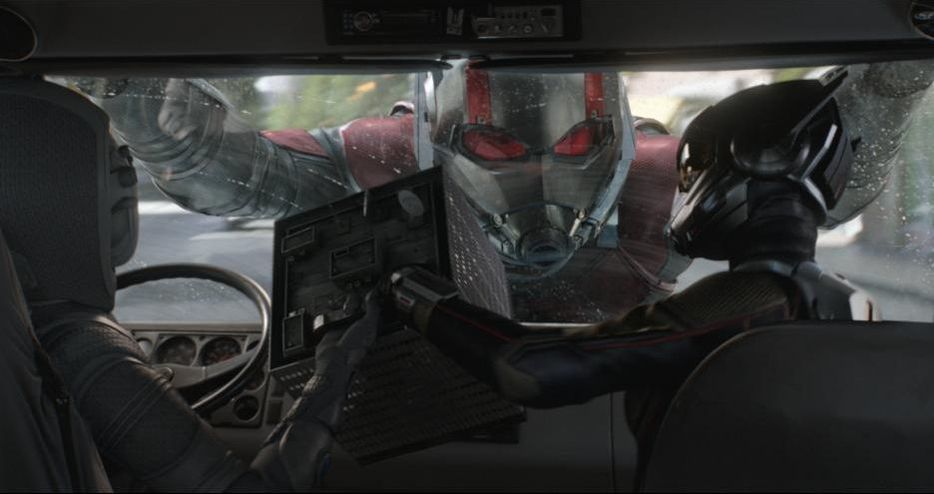
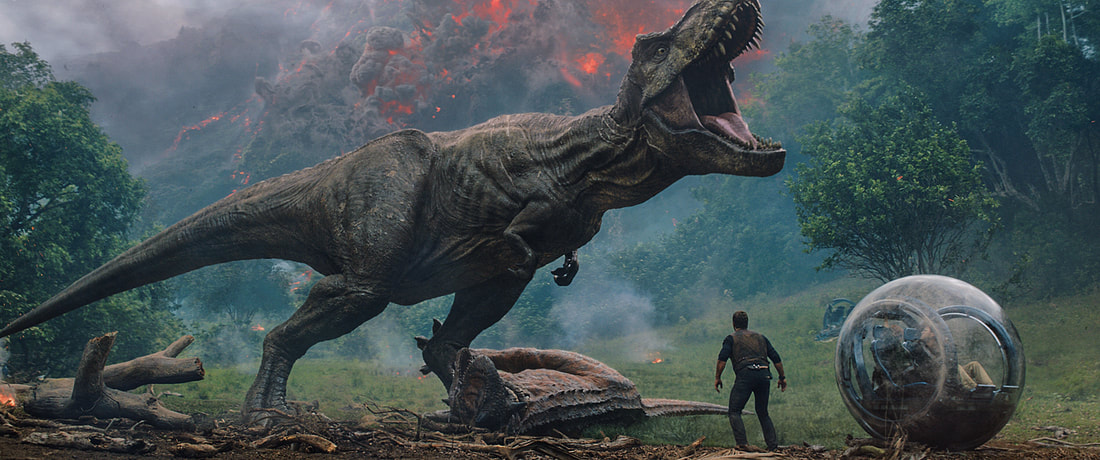
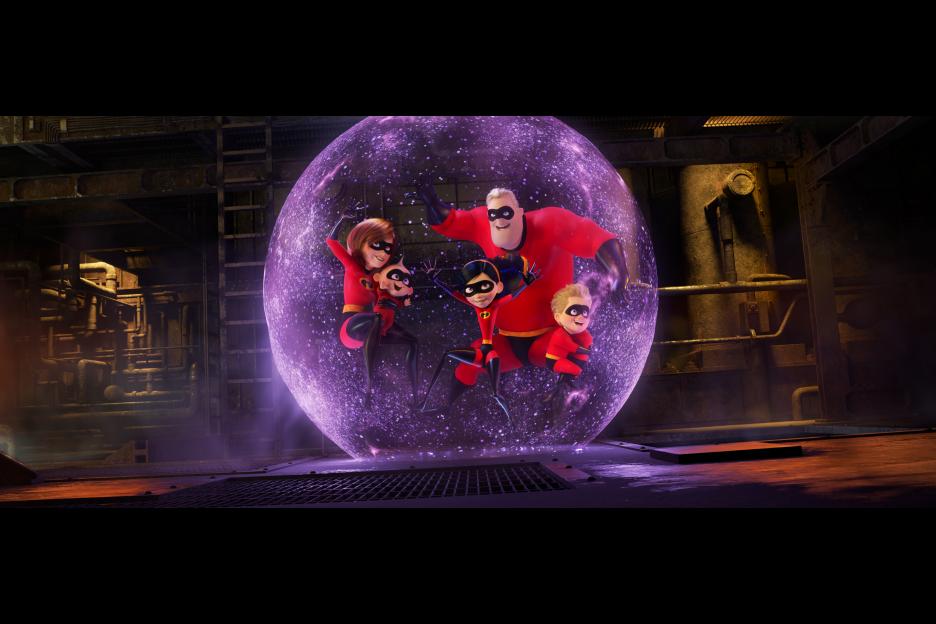
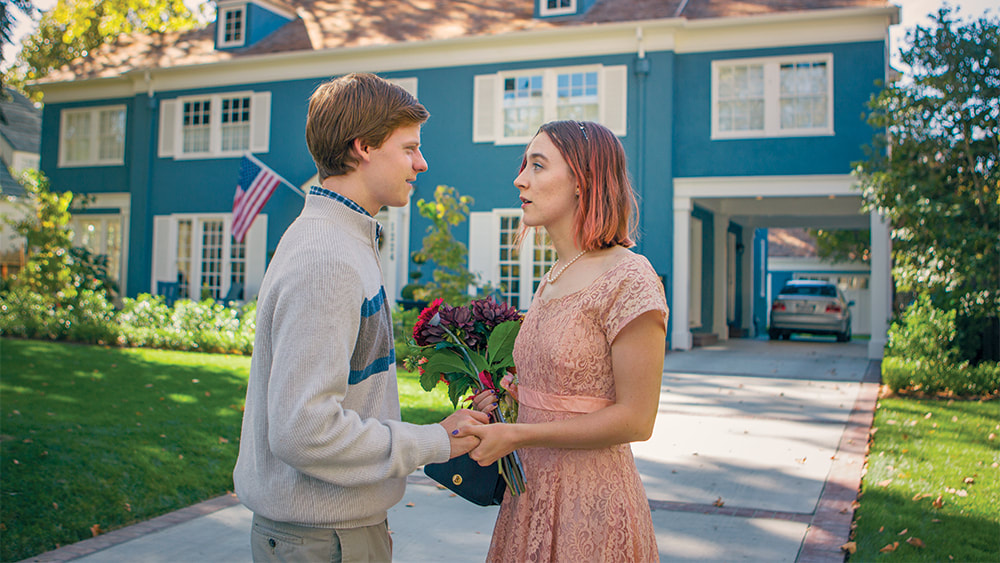
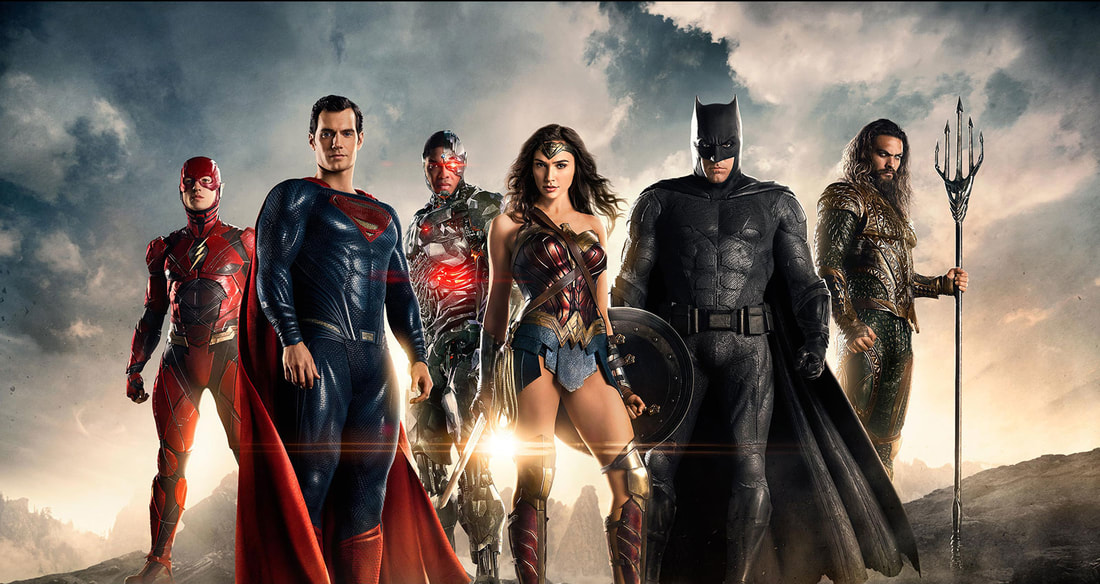
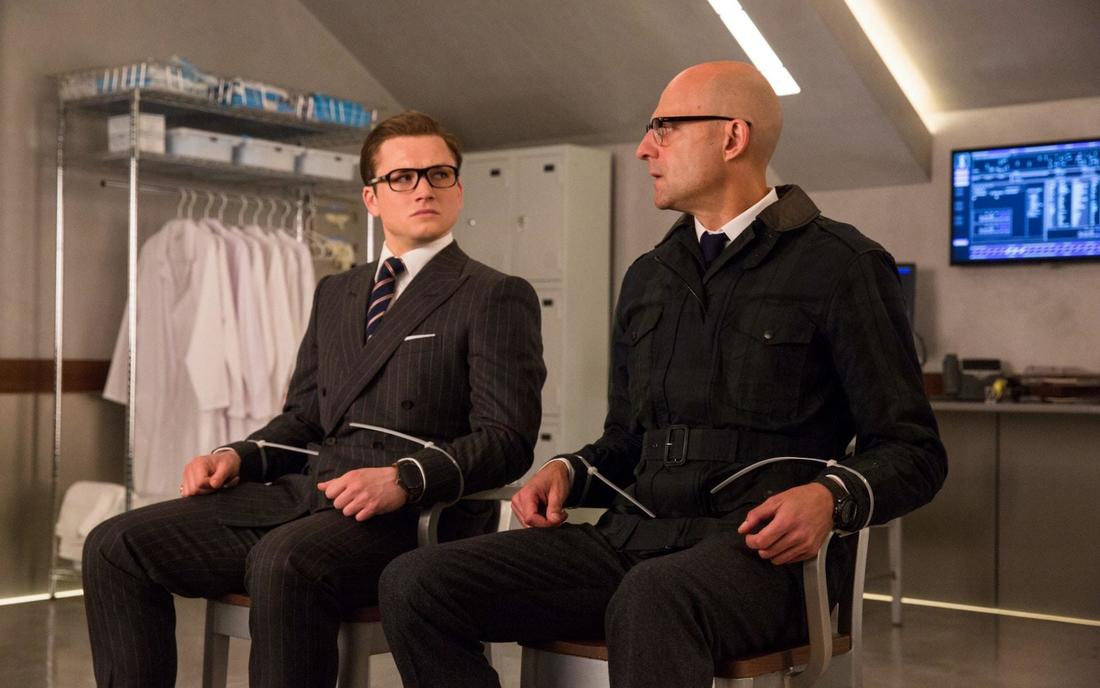
 RSS Feed
RSS Feed
